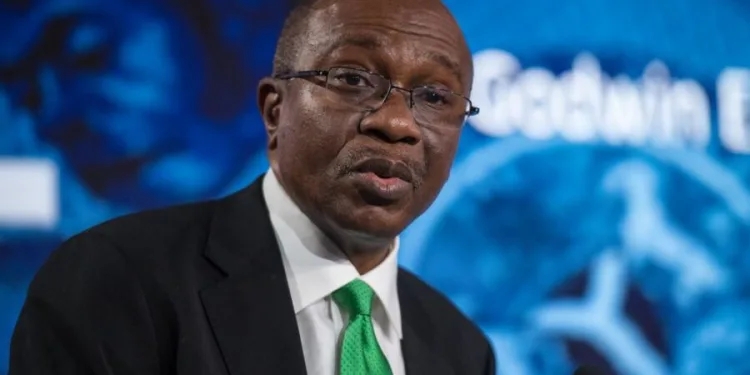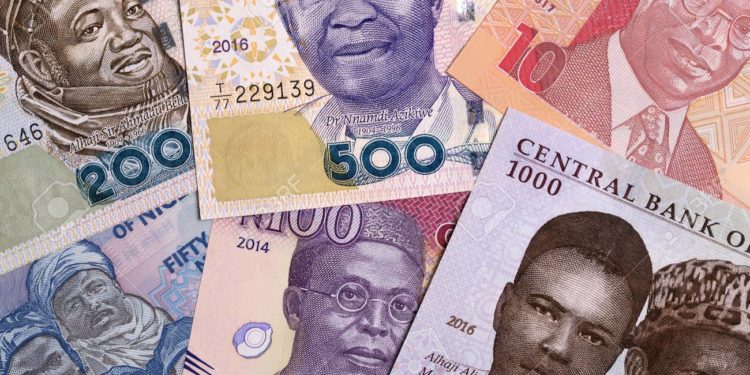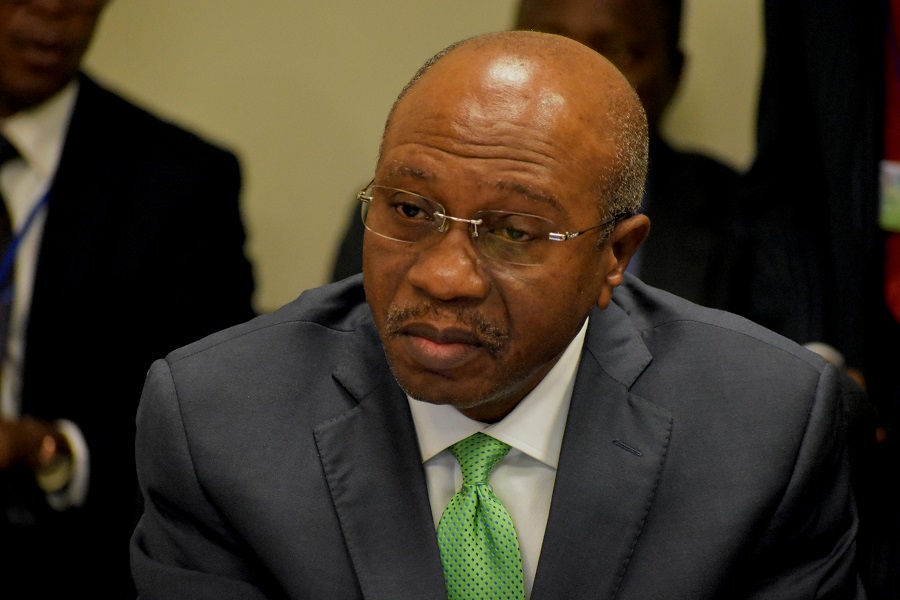Article Summary
- Godwin Emefiele’s nine-year tenure as the Governor of the Central Bank of Nigeria (CBN) has been marked by controversial policies and skepticism.
- Criticisms include his approach to monetary policy and inflation control, maintenance of multiple exchange rates, and allegations of corruption and exploitation in the financial system.
- Emefiele’s involvement in partisan politics, questionable policy decisions, and lack of accountability have raised concerns about the integrity of the CBN and its regulatory responsibilities.
Many economists believe that the nine-year stint of Godwin Emefiele as the Governor of the Central Bank of Nigeria (CBN) has been marked by controversial policies, which may have warranted his suspension from office by President Bola Ahmed Tinubu.
Although many initially hoped that his appointment in 2014 would bring about a new era of discipline and commitment to sound monetary policies, his actions have unnerved experts and caused scepticism.
His Controversial Approach to Monetary Policy
One of the major criticisms of Emefiele’s policies is his approach to monetary policy and inflation control. The CBN, under his leadership, adjusted the Monetary Policy Rate (MPR) frequently in an attempt to tame inflation. However, economists argue that the CBN’s tight monetary policies do not align with fiscal policies, which Emefiele had no control over.
Counter Productive Policies
Some experts have also argued that some of the CBN’s policies run counter-productive to its tight policies.
For example, Dapo Olagunju, the MD of JP Morgan West Africa, said the N23 trillion Ways and Means from the CBN entailed the apex creating money and lending it to the government, which ends up in the financial system, a policy that he called ‘accommodative monetary policy’.
Multiple Exchange Rates
Another contentious issue by the Emefiele-led CBN has been the maintenance of multiple exchange rates. This policy has led to allegations of corruption and exploitation, with some banks and well-connected individuals taking advantage of the situation to buy dollars at the official rate and sell them on the black market at exorbitant rates.
There are allegations that even some CBN directors were involved in this racket. There has also been significant growth in the number of Bureau de Change operators since Emefiele assumed office. The fact that Bureau de Change operators grew from 2,700 in 2016 to about 5,500 in 2021 attests to this.
The Consequences of Emefiele’s Forex Policy
The consequence of this policy has led to a lull in the activities of manufacturers as they find it difficult to procure inputs that are not produced locally.
Mokutima Ajileye, MD, P&G Nigeria, said for manufacturers, predictability is key, especially as it concerns exchange rates. She said for the manufacturing sector, the major issue is that the monetary authorities keep changing policies.
Recall that in 2014, when Emefiele assumed office as governor, the official exchange rate averaged N164.76/$1. The parallel market rate for that year averaged N169.43/$1.
As of the time of Emefiele’s suspension, the official rate was N461/$1, whereas the parallel market rate stood at N774/$1, a difference of N313, clearly creating a fertile market for financial criminals.
President Bola Tinubu made a policy pronouncement during his inaugural address to unify Nigeria’s exchange rate. This was followed by a meeting with the former governor, which was seen as an effort to reinforce his naira harmonization policy. However, there have been recent indications, prompted by a report from the Daily Trust, that the official rate could reach around N650/$. Analysts suggest that the governor’s disagreement with the president on this matter may have contributed to his suspension.
Emefiele had attempted to alleviate public anger by promising that commercial banks would be monitored to provide forex for legitimate use. However, individuals who approached banks for foreign currency quickly realized that obtaining it at CBN-approved rates was an exercise in futility. The CBN defended the multiple exchange rate system as a creative intervention to assist small and medium enterprises, investors, and exporters, but critics argue that it perpetuates corruption and undermines the overall economy.
He Became Partisan
Emefiele’s involvement in partisan politics further raised concerns about the integrity of the CBN and the impartial discharge of its regulatory responsibilities. Speculations about his presidential ambition, supported by various shadow groups and praise singers, may have created a distraction and reputational risk for the central bank.
Emefiele’s actions have been criticized by legal experts and politicians, who argue that they contravene the CBN Act and raise doubts about his ability to fulfil his official duties impartially.
More Controversial Policies and Moves
The governor’s recent policies, such as the redesign of the naira and limits on cash withdrawals, were also met with public outcry. Critics argue that these policies were unnecessary, ill-conceived, and disruptive to daily economic activities. Emefiele’s failure to appear before lawmakers to defend his policies has only fueled concerns about accountability and transparency.
More recently, allegations of discrepancies in the management of stamp duty charges by the CBN have further tarnished Emefiele’s reputation. While the Department of State Services (DSS) showed interest in the case, a court rejected their application to arrest the governor for lack of sufficient evidence.
The accusations have led to calls for a proper investigation to prevent any negative economic consequences.
The tenure of Godwin Emefiele as the Governor of the CBN has been marred by controversial policies that have raised concerns among economists and the Nigerian public.
While some interventions have been praised for stimulating the economy, many have been controversial.
But will the Acting CBN governor bring needed change to the fortunes of Nigerians? Will the country’s fiscal and monetary policies align with the coming of the new administration?
But His Supporters Support Him Nonetheless
Despite these criticisms, Emefiele’s supporters have commended him for various interventions implemented under his leadership, which they credit with stimulating the economy.
They point to significant growth in banks’ credit to the private sector and the granting of loans to small-holder farmers and small and medium enterprises. However, it is important to consider the long-term consequences and sustainability of these interventions, as some loans extended to sectors like agriculture have not been fully repaid.

























The stance from this article is very derailing and Emiefiele is taking the bashing as though he was completely in charge. President Buhari had the Nations currency redesigned as a military head of state. All the leaks in the economy and lack of direction of the minister of finance isn’t spoken of.
I think the man needs to be investigated deeply for his fx policy. What was the rational behind allowing such a wide gap between official and unofficial rates, and who were the main beneficiaries of the ridiculously low official fx rates since most genuine and reputable manufacturing firms were starved of fx from banks most of the time. In my opinion, the man is one of the greatest cowards and or blindly ambitious persons I have ever seen. For a man of his experience and financial standing before he joined the CBN, I did not expect him to surrender the integrity of his office to the powers that be, as many have suggested. If he was put under pressure to do the wrong things, he always had the option to resign or say no even at the risk of being sacked like his predecessor, but with his integrity still in tact.
This is the many hypocrises of nairametrics and other publishing houses When he banned BDCs from accessing FXs Nairametrics was the first to hail the move even made a mockery of the association of bureau de change operators as they couldnt respond it wont be long before everyone eyes sees the light